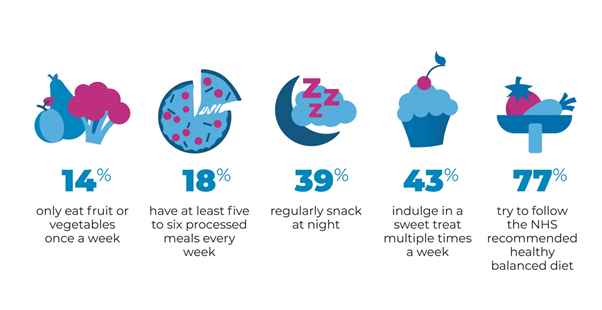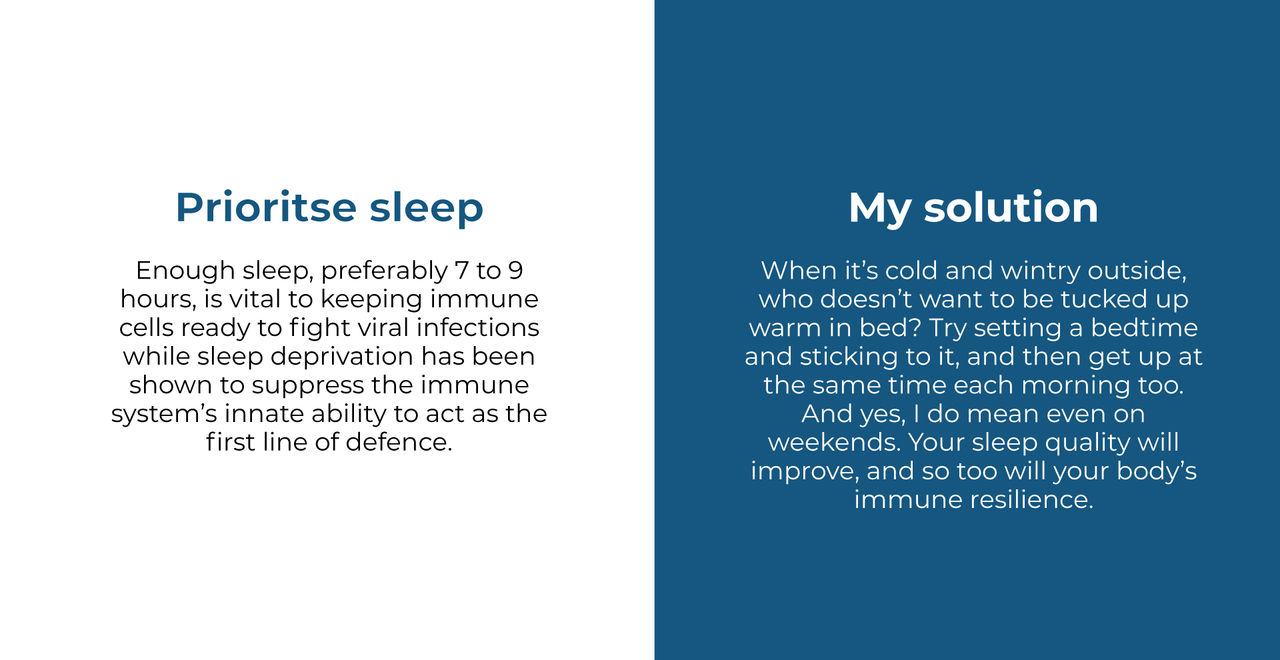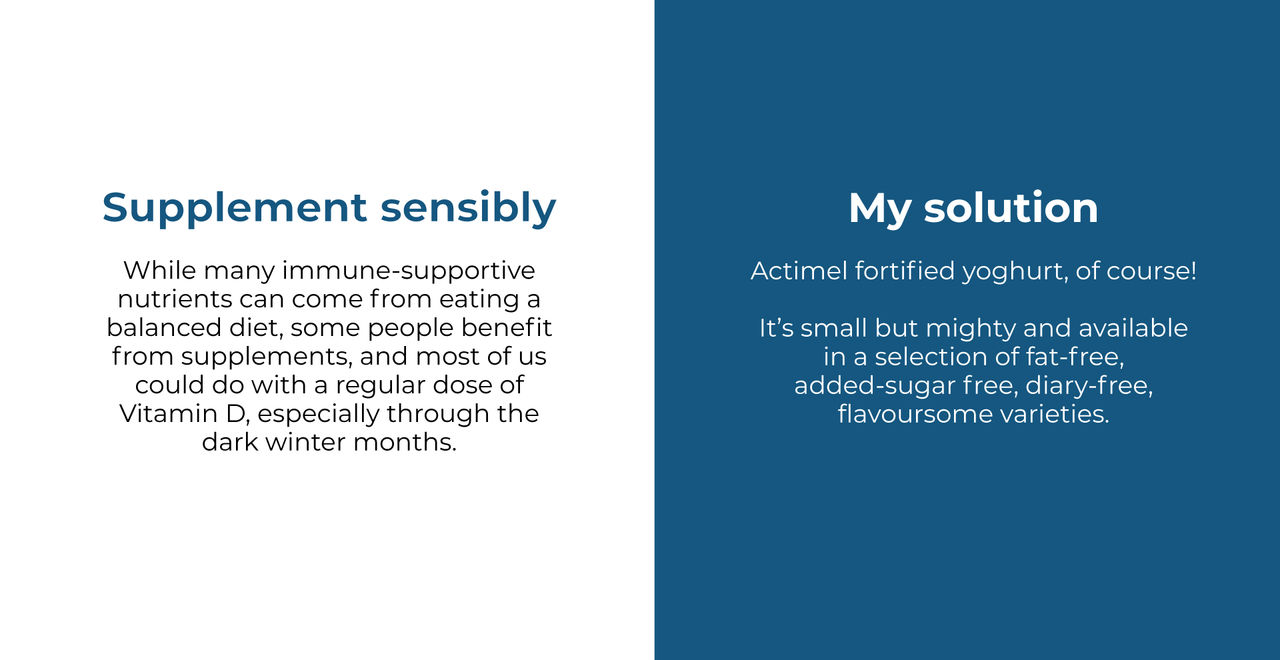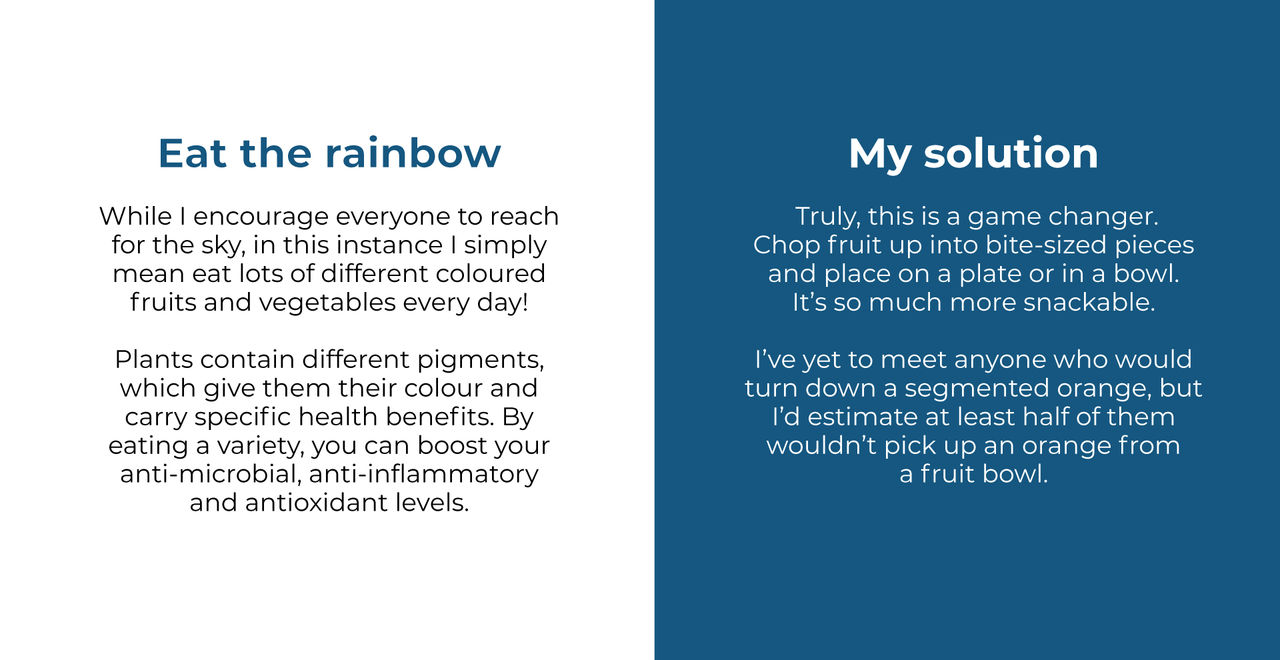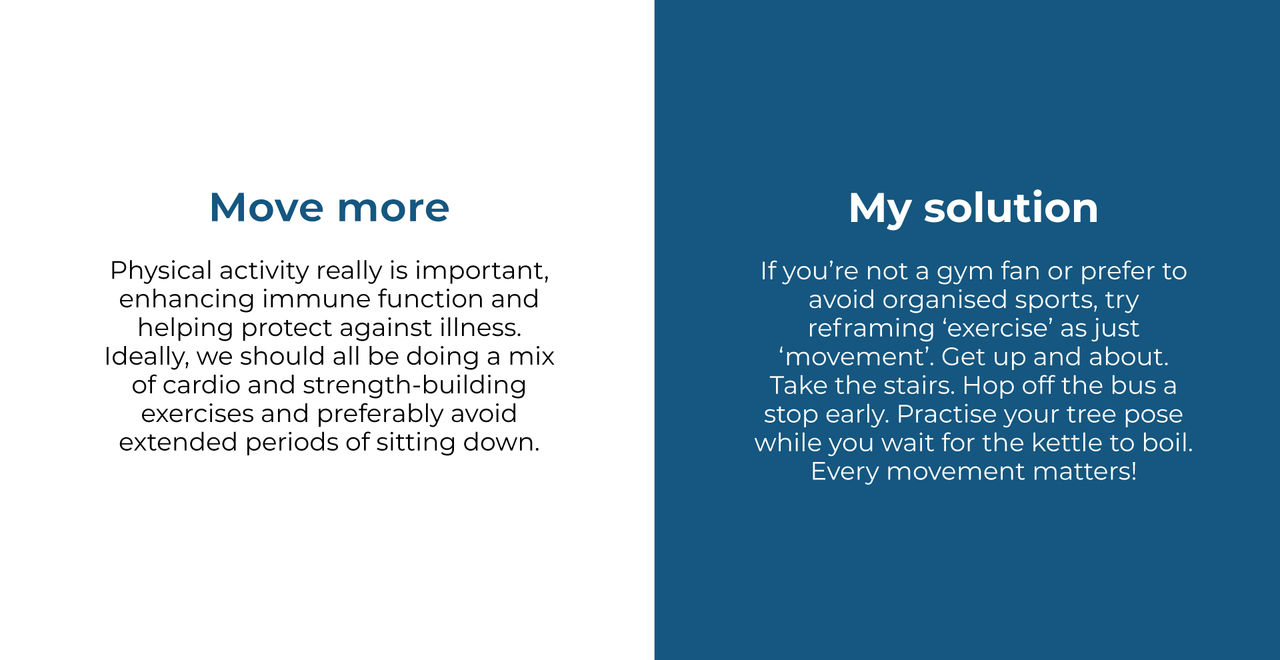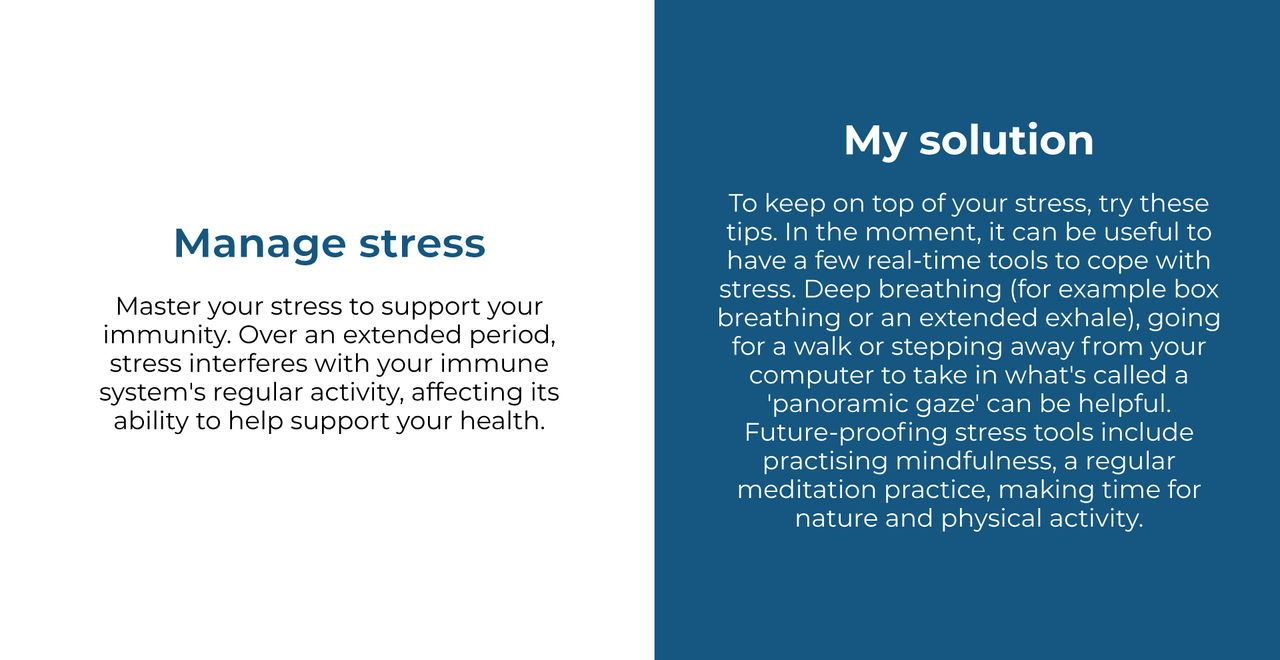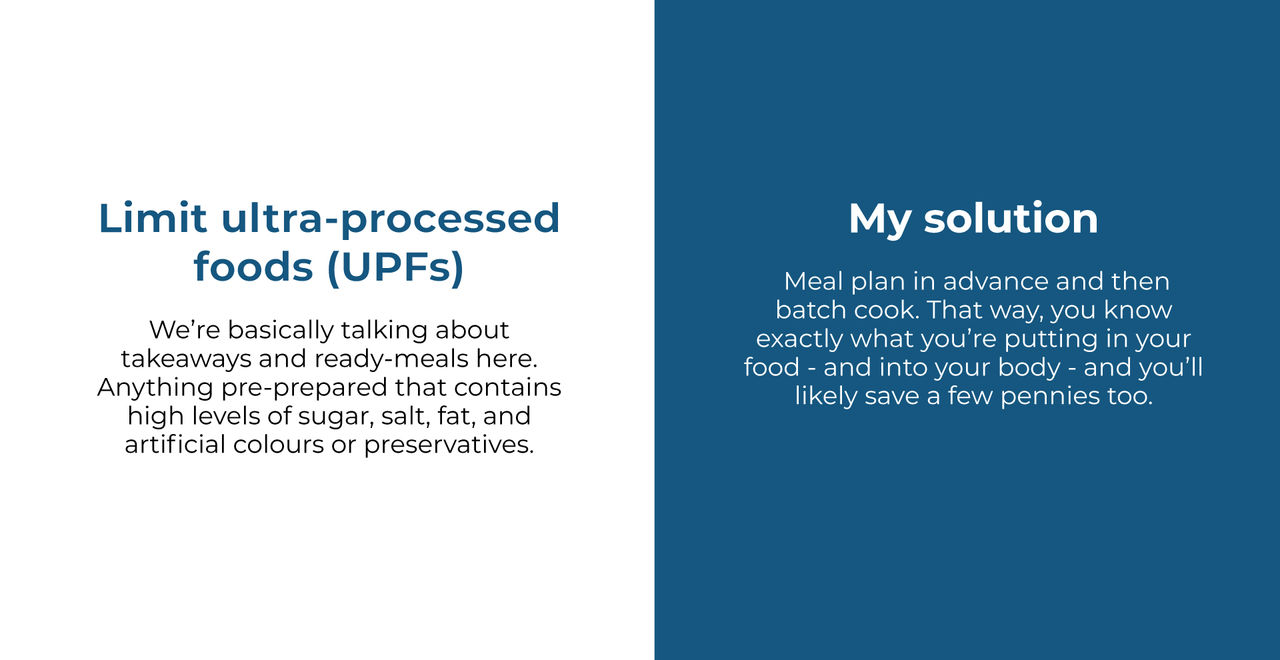Hopefully you’ll have had some time to get away this summer, kick back over the bank holidays, or make the most of a staycation or two. And whether you used that time to rest and recuperate or get out and about, it’s likely that your regular routines flew out of the window. This is of course perfectly understandable. When we’re freed from our usual commitments, we can let loose a little – perhaps go to bed later, sleep in sometimes, give the gym a miss and deviate from our daily diets.
This can feel fun and much needed, but it isn’t sustainable long-term. Our bodies are governed by a series of 24-hour cycles that run in the background, carrying out essential functions and processes1. The cycles are regulated by our biological – or body – clocks and, as we all know, clocks and routine go hand-in-hand!



